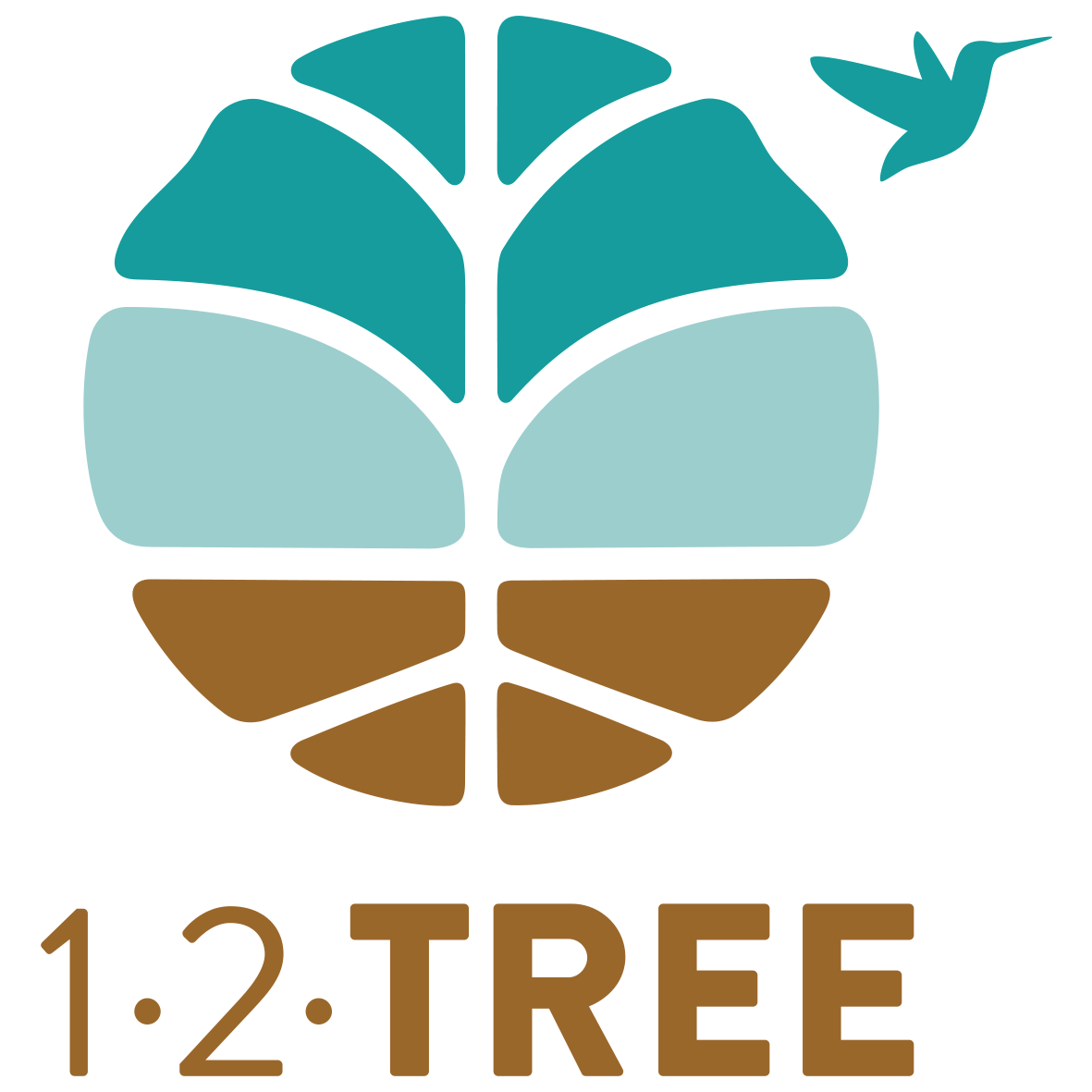12Tree has selected Terra Global Capital as our ideal carbon development partner to help bring our portfolio of farms up to certification standard. Founded in 2006, Terra Global is a woman-run, women-owned for-profit social enterprise, and small business, whose mission is to facilitate financially, socially, and environmentally sustainable landscapes. In May of this 2022, we had the privilege of interviewing Leslie Durschinger, CEO of Terra Global, and Carolina Oleas, Project Manager and Ag Specialist, about the nature of the certification work we are conducting with their aid.
It’s been said that truly additional and permanent storage of carbon may often be at odds with other financial considerations that govern how farmland is managed. To what degree do you agree or disagree with this statement?
This statement reflects the belief that adoption of carbon positive growing systems and management practices will reduce yields thus having a negative financial impact on profits. But in many cases, the opposite occurs particularly when you look over the long-term. Comparing agricultural practices focused on maximizing short-term yield to the adoption of long-term carbon positive farming often show that later has lower costs, lower risks, and higher productivity, plus the added value of carbon revenue. Integrative carbon-positive systems focus on components such as soil health and fertility which are prioritized to build and maintain a long-term productivity of the farm. The benefits of the increase of organic carbon in the soil are noticeable in the long run, thus it is important for farmers to have practical and accessible technologies to measure, monitor and observe the changes of the carbon in the soil and reduction in nitrous oxide, plus the continuous technical support during the transition process so farmers understand the carbon cycle and the possible effects on their crops and their profits. Through adoption of sustainable carbon positive practices, farmers can often increase their long-yield and crop revenue while lowering costs and reducing risk through building more resilience farms.
How do you think Terra’s particular approach to the design of our 12Tree project can help differentiate our carbon credits from others in the marketplace?
Terra Global provides continuous technical support to the projects and the staff on the ground for capturing the required data and quantifying the full range of carbon pools that produce reductions and removals from the sustainable agroforestry systems being promoted by 12Tree projects. This is done through in person and virtual trainings, building capacity, and providing on-going technical guidance on from everyday farm decisions regarding practices to monitoring to capture the data needed for market standard validation and monitoring to verify high quality multiple benefit emission reductions and removals. Through working in partnership with 12Trees with their expertise in agronomic management and Terra Global’s experience in producing high quality credits under carbon market standards, the teams carbon credits will be high environmental integrity and include the certification of the community benefits that are part of all of 12Trees projects.
What have been some of the main obstacles preventing the agriculture/food production sector from entering the carbon offset market, and how can we incentivize more farm operations to access carbon finance?
Some of the factors that have affected the increase of agricultural/ food production projects to enter the offset conservation are:
1. SIZE OF THE AVERAGE FARM PRODUCTION
81% of global crops are grown on farms less than 199 hectares. Big farms have a minority share in crop production, only contributing to 5% of worldwide crop growth. This shows that agricultural production is divided into small farm areas, making it difficult to consolidate the adoption of practices and less likely that small farmers will have the capital to invest in a carbon certification. One of the alternatives that have supported small farmers’ certifications are being part of grouped projects, where farms/land that have implemented similar agricultural practices can get certified as a group, facilitating the adoption of practices and credits in bigger areas.
2. LACK OF KNOWLEDGE ON THE STANDARDS & PROTOCOLS
This is a limiting factor, as information about standards is publicly available, but farmers do not know how to access it. It is important to continue the education process to make all actors involved, more familiar not only with the standards available but also with the processes to follow to get credits and maintain them.
This article is an extract of the 2022 12Tree Sustainability Report. Download the report to learn more about our regenerative approach to farming illustrated in several farm case studies, articles and partner interviews.


